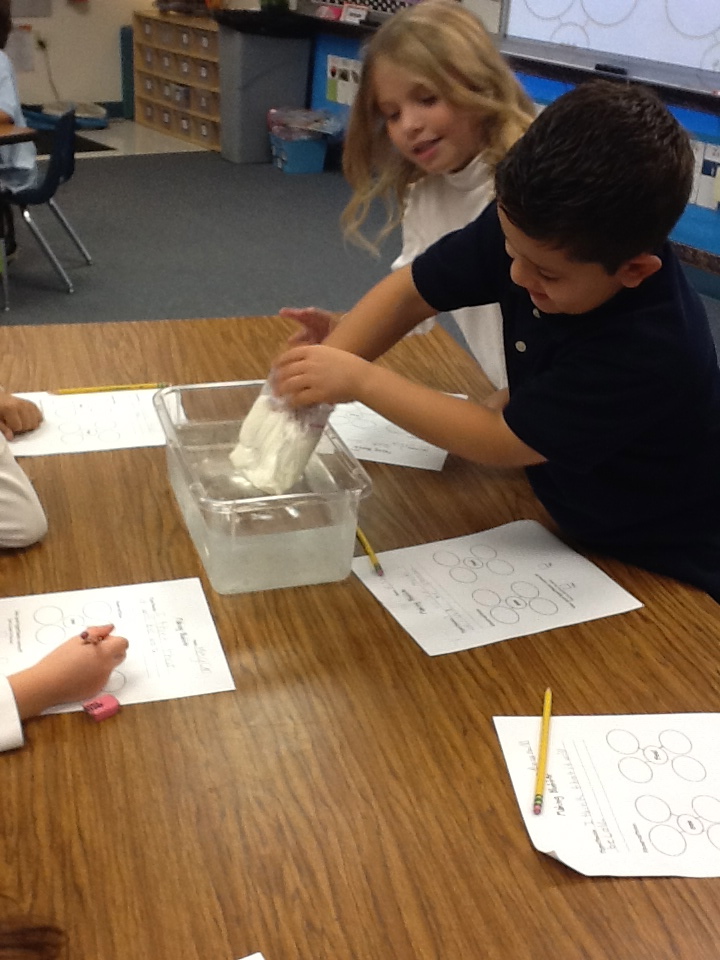Beware....this is
We learned all about the sounds of wh, ph, ch, sh, and th through the H Brothers. Each brother has an "h" in their first name, but their "h" each connects with a different letter to make a new sound. The kiddos loved learning about the 5 brothers: Whit, Phil, Charley, Shane, and Theo.
Each time we learn about a new H Brother, we read a story that I wrote which emphasizes the phonics sounds.
For that week, we learned about Charley, who imagines that he is a conductor on a train and is always saying "Choo! Choo!" After we had learned about each brother, we do a tiered word hunt on that brother (tiered meaning that it is differentiated based on their level-there are 3 different levels of words.) I print out the leveled words on different colored paper and have students find what color/level words they are on. They LOVE word hunts- it's a chance for them to get up, move around, say the word, write the word, learn the spelling, and remember the digraph. Below is a picture of the posters and some of the pages for word hunts.
Also, for the sound of "ch" we did one of my favorite quick activities for phonics: students came up with words that have the phonics sound. For the "ch" sound, they came up with what they could Chew on for lunch. See what they came up with below.
Besides learning about the sound of ch and the H Brothers, we were learning a lot about Penguins. We also learned about Antarctica and a little about Australia through learning about two types of penguins: the Emperor Penguin (in Antarctica) and the Little Blue Penguin (in Australia.)
Students measured themselves to each penguin. You'll also see that we wrote a general can, have, are as they pulled out facts about penguins.
Here's the I'm a Little Penguin Poem also in that picture, if you would like it...
(Click on the picture below to get it)
We loved learning about how Emperor Penguins can live in such a cold area by doing a blubber observation/experiment.
Through the experiment, they learned what blubber is, what it does, and that it is beneficial to animals.
 In a sandwich bag was shortening and then inside that was another baggie so that they could stick their hand into the bag without getting shortening on it. Then, they put their hand into very cold water and felt. (They discovered that their hand was not cold at all!) The shortening was acting like the blubber for a penguin and is able to keep them warm (or at least warmer) in cold water or climates.
In a sandwich bag was shortening and then inside that was another baggie so that they could stick their hand into the bag without getting shortening on it. Then, they put their hand into very cold water and felt. (They discovered that their hand was not cold at all!) The shortening was acting like the blubber for a penguin and is able to keep them warm (or at least warmer) in cold water or climates.Here's the blubber page below...(click on the picture to get a copy)
We read The Important Book by Margaret Wise Brown (which is essentially about the special things about everyday objects- so special facts.) We used that book as a template for our writing and, of course, applied it to a craft.
My awesome teammate, Mrs. Rojo, found the great writing concept and adapted it to penguins. I made the writing pages for us so that it could be the white area for the belly. (The craft without the writing is from Amy Lemons.)
We learned A LOT about penguins, so it was a great way to show what they learned, deepen the concepts of facts, all while teaching a writing style that captures what a person thinks is truly special about a something.
As an introduction to maps, Antarctica, Australia, and to make a great connection: during this time, we also learned about about the world, the 7 continents, and the 5 oceans. Yes, you heard me right...there are five!
Continents: North America, South America, Europe, Asia, Africa, Australia (which might soon be changed to be called the continent of Oceania, by the way), and Antarctica.
Oceans: Pacific, Atlantic, Indian, Arctic, and Southern
*Scientists named the fifth, the Southern Ocean (near Antarctica), around the year 2000. Can you name them all?
The continent song has been in my head since then, but those first graders can definitely name them (it took them a while to figure out that they just needed to sing the song to remember all of them- but they can do it!)
Which leads me to a question that one student asked me in class....
I thought that this was such a good question and used it as a teachable moment (and honestly, I truly love how their little minds work). So, as a pre-assessment, I asked the question and wrote down their comments (then we talked about it after).
See the picture below. Too funny!




















No comments:
Post a Comment